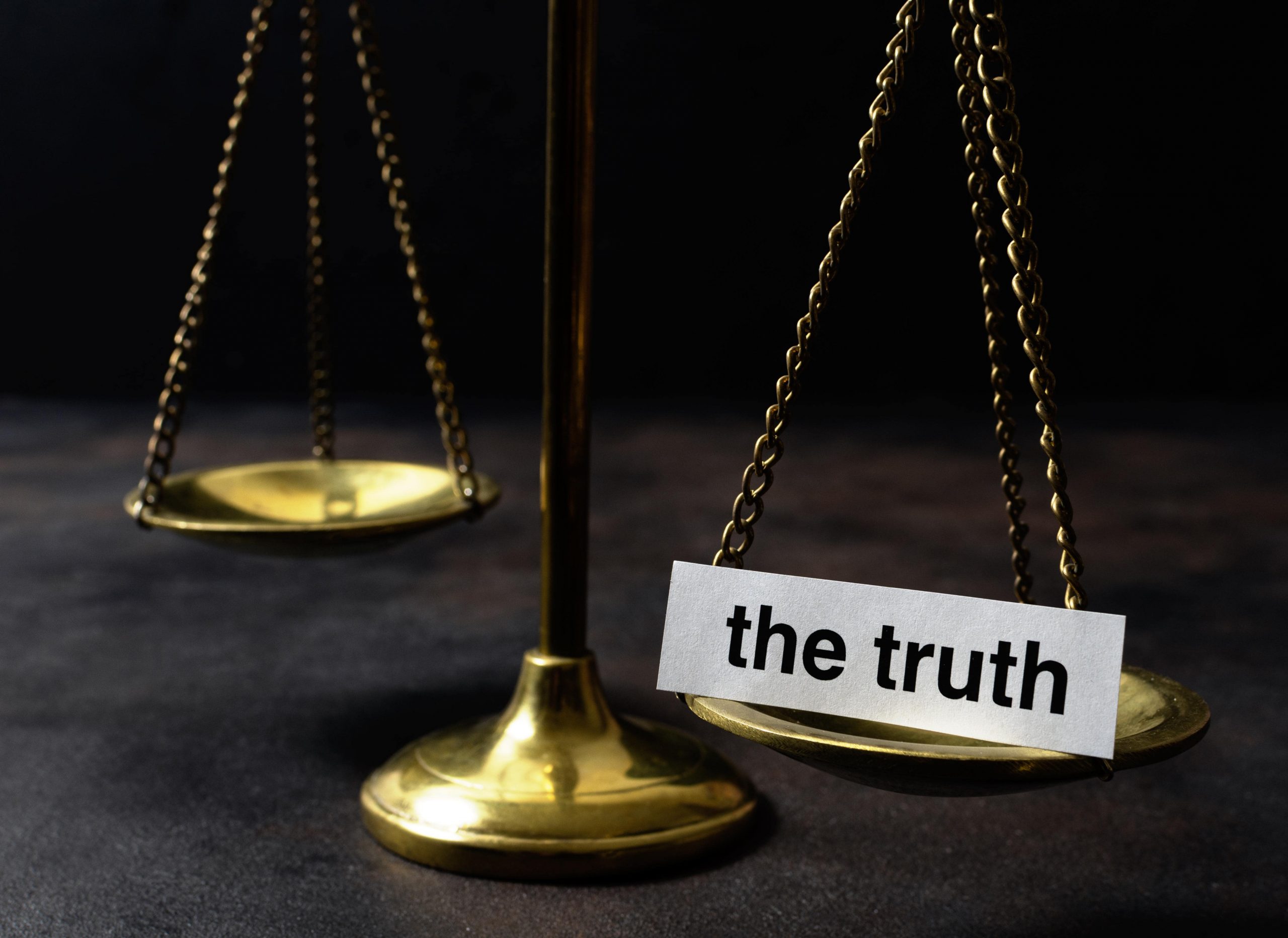Ethics is the cornerstone of the legal profession, guiding lawyers in their duty to uphold justice and maintain the integrity of the legal system. However, the practice of law often presents complex ethical dilemmas that require careful navigation. In this article, we will explore the importance of legal ethics and provide practical guidance on how lawyers can effectively navigate ethical dilemmas.
Understanding Legal Ethics: Legal ethics encompasses the rules, principles, and guidelines that govern the conduct of lawyers. These ethical standards are designed to ensure the fair administration of justice, protect clients’ interests, and maintain the public’s trust in the legal profession. Lawyers are expected to adhere to these standards while representing their clients and interacting with the court, opposing counsel, and the public.
Identifying Ethical Dilemmas: Ethical dilemmas can arise in various legal scenarios, such as conflicts of interest, client confidentiality, truthfulness in court, and the duty to zealously advocate for clients. Recognizing these dilemmas is the first step in effectively navigating them. Lawyers must be vigilant in identifying situations where their professional obligations may conflict with their personal or client’s interests.
Consulting Ethical Guidelines: When faced with an ethical dilemma, lawyers should consult the rules of professional conduct and ethical guidelines specific to their jurisdiction. These guidelines provide a framework for ethical decision-making and offer valuable insights into resolving complex situations. They serve as a compass, guiding lawyers towards the most ethical and responsible course of action.
Seeking Advice and Guidance: Navigating ethical dilemmas can be challenging, and it is essential to seek advice and guidance from trusted colleagues, mentors, or ethics committees. Engaging in discussions with others who have faced similar dilemmas can provide fresh perspectives and help lawyers make informed decisions. Collaborative problem-solving can lead to creative solutions that uphold ethical standards while addressing the complexities of the situation.
Analyzing the Situation: Once an ethical dilemma is identified, lawyers must carefully analyze the situation. This involves evaluating the facts, legal principles, and potential consequences associated with each possible course of action. Lawyers should consider the interests of their clients, the legal system, and the public, while also maintaining their own professional integrity. A thorough analysis will help lawyers make well-informed decisions that align with their ethical obligations.
Considering Alternative Solutions: In some cases, alternative solutions may exist that can help resolve ethical dilemmas. Lawyers should explore options such as negotiation, mediation, or withdrawal from representation if necessary. By considering alternatives, lawyers can find ways to balance competing interests and uphold their ethical responsibilities.
Documenting the Decision-Making Process: It is crucial for lawyers to document their decision-making process when navigating ethical dilemmas. This documentation serves as evidence of thoughtful consideration and adherence to ethical standards. In the event that a decision is questioned or challenged, a well-documented process can demonstrate the lawyer’s commitment to ethical conduct.
Navigating ethical dilemmas is an inherent part of the legal profession. When faced with such dilemmas these guidelines allow for a more effective outcome. Upholding ethical standards not only ensures the integrity of the legal profession but also strengthens the trust and confidence of clients and the public in the justice system. By prioritizing legal ethics, lawyers can truly fulfill their role as guardians of justice.

